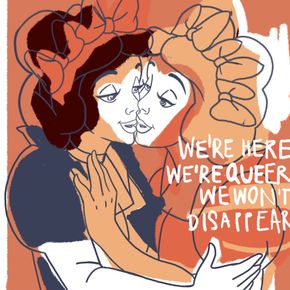Time change and health, savings and road traffic collision rates
In the US, the change from summer to winter time results in an average 16 per cent increase in deer-vehicle collisions. Researchers at the University of Washington in Seattle estimate that eliminating the autumn time change, followed by an increase in car traffic after dark, could save nearly 37,000 deer and 33 lives each year. The problem is particularly acute on the East Coast, where the shift to winter time falls in the middle of the white-tailed mule deer mating season. In the US, there are more than 2 million deer-vehicle collisions each year – about 7% of all traffic accidents.
In the UK, the number of road traffic collisions increases by 19% in the fortnight after moving the hands of the clock back an hour, and decreases by 11% when Brits move the hands of the clock forward. Staying with daylight saving time would also help the average UK household save more than £400 a year in electricity charges. Daylight saving time also saves energy and emits less carbon dioxide into the atmosphere.
Regarding health issues, the switch from summer to winter time disrupts sleep and the natural daily rhythm. A 2017 study in Denmark involving more than 185,000 people over the age of 15 found that the time change was associated with an 11 per cent increase in episodes of depression. In contrast, according to a study by the American College of Cardiology, when the hands of the clock are turned back by one hour in 1.6 billion people in 70 countries affected by this change, there is a 21 per cent reduction in heart attacks the next day.


























